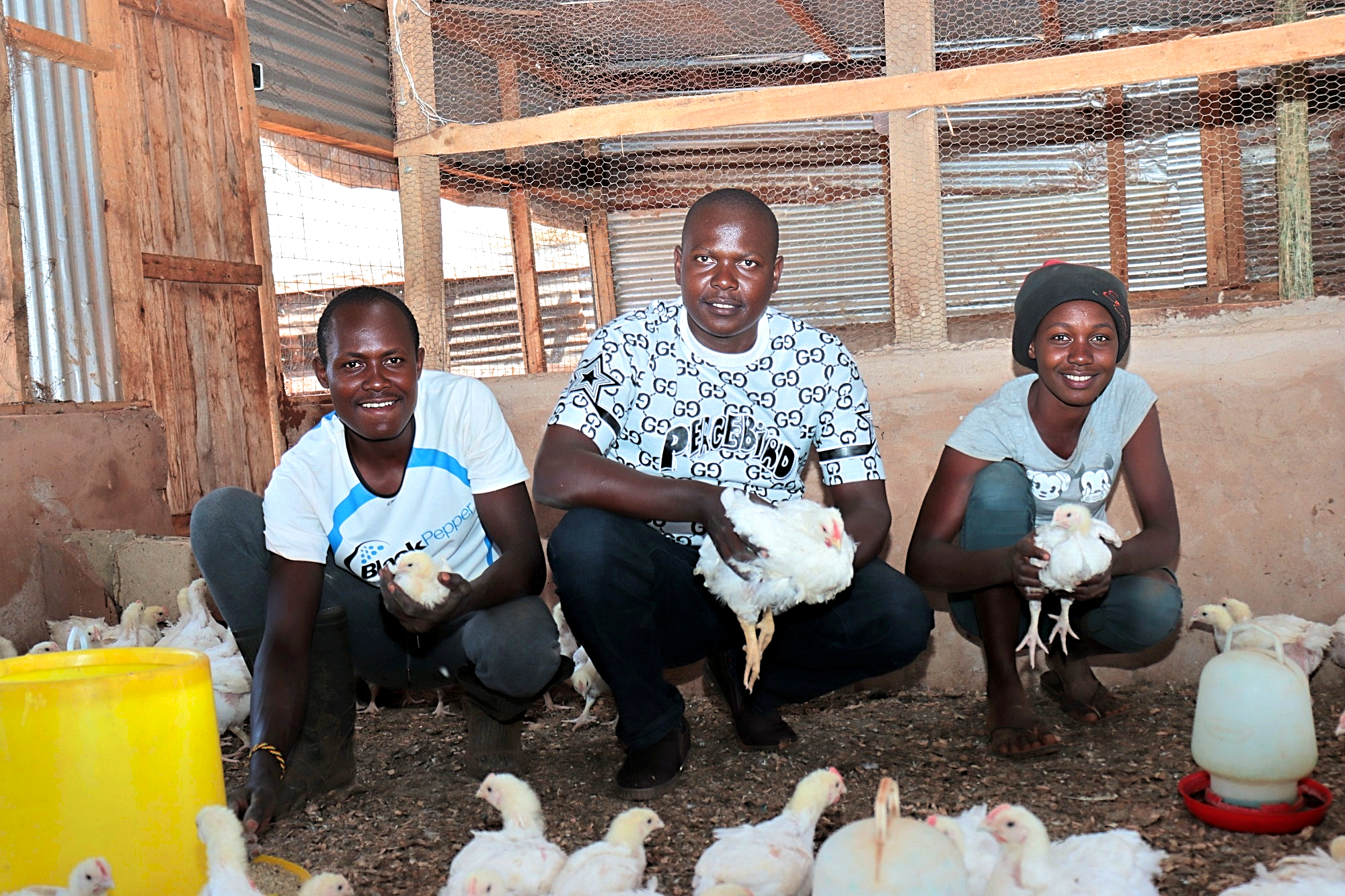Insights from the Government Adoption of REAP
Diversity, Inclusion, and Opportunity through the Kenya Social and Economic Inclusion Project

The Kenya Social and Economic Inclusion Project (KSEIP) empowers extremely poor households to participate in social and economic activities by increasing their access to skills, productive inputs, assets, finance, and economic opportunities. KSEIP aims to increase access to social economic interventions for extremely poor and vulnerable persons. The program reaches five counties within Kenya: Marsabit, Kisumu, Taita Taveta, Makueni, and Murang’a. The Project is funded by the Government of Kenya and implemented alongside Global Development Incubator and Village Enterprise. Additional financial and technical support is provided by the World Bank, Foreign Commonwealth and Development Office, and World Food Programme.
So far, three groups of participants have been enrolled in KSEIP in June 2022, October 2022, and May 2023, respectively. These participants have achieved wide-spread success with 89% of KSEIP businesses seeing profits in Quarter Two. Additionally, a total of 1,552 savings groups had been established by KSEIP participants.
By the end of the quarter, overall, 79% of participant households were reported to be food secure, with 86% eating 2 meals a day past 7 days and 88% of participant households having no child going to bed hungry in the last 30 days.
Alongside this impact, BOMA has collected multiple insights from the government adoption of REAP through KSEIP. First, emerging evidence from the field shows that the program has significantly reduced community stigma on people with disabilities who engage in gainful income-generating ventures. Through KSEIP, BOMA has further explored how we can best serve male participants, participants with disabilities, and other diverse groups.
Additionally, BOMA diverged from our standard approach in KSEIP by forming business groups with one, two, or three members — rather than the standard three-member groups typically employed in REAP. A slight majority of participants (35%) still opted to enroll in three-member business groups, and these enterprises showed significantly higher business values than the smaller groups. Mixed groups of men and women also performed best, with female-only groups outperforming male-only groups.
Implementation and learning continue under KSEIP alongside our partners. However, for participants like Angelica Ng’andu and Terezi Shali, the program’s impact is already being felt.
